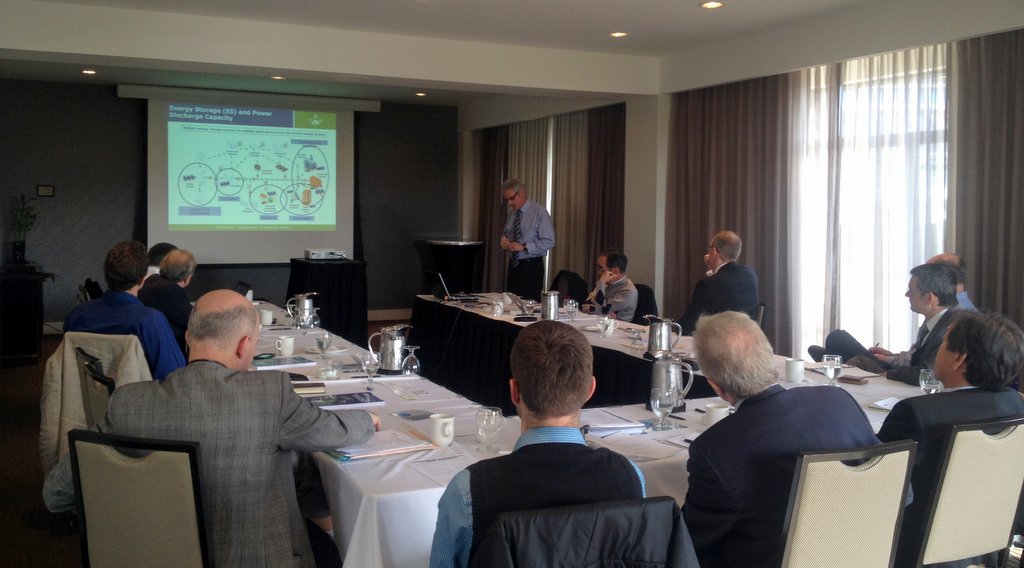
(Read more about the two-year PECC international project on energy transition.)
The first seminar held in Victoria, BC, Canada on November 7-8, 2013, covered the commercial development and viability of new energy sources and technology. The participating experts discussed how these new sources of energy are likely to provide for longer-term solutions to mitigate the adverse effects of climate change and the increase in price of depleting fossil fuels. The seminar also addressed the prospects of renewable energies in respect to the rapid development of non-traditional energy fuels such as shale gas and oil that are being touted as improved options in comparison to the expensive and environmentally unsound conventional fossil fuels. The contents of seminar included:
- discussions and recommendations in favor of commercial development of renewable and non-traditional energies;
- identification of various possibilities that renewable energies could offer in meeting the two important challenges: a) predictability, and b) storage or linkage to the existing power grids; and
- discussions on the need to bring new types of energies to market competitiveness by focusing on: a) advancing the technical knowledge from the drawing board to the market, and b) enhancing the capability of industrial enterprises to reform their business models with the aims to facilitate energy transition in the PECC economies.
Download the program agenda
Download the inividual powerpoint presentations (in PDF format)
